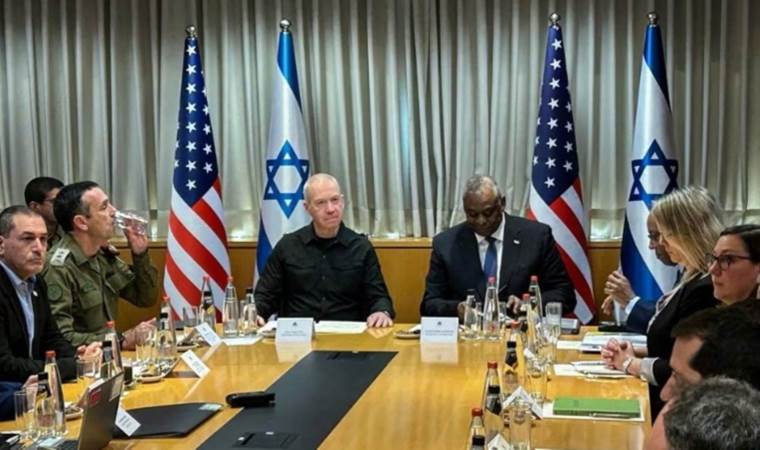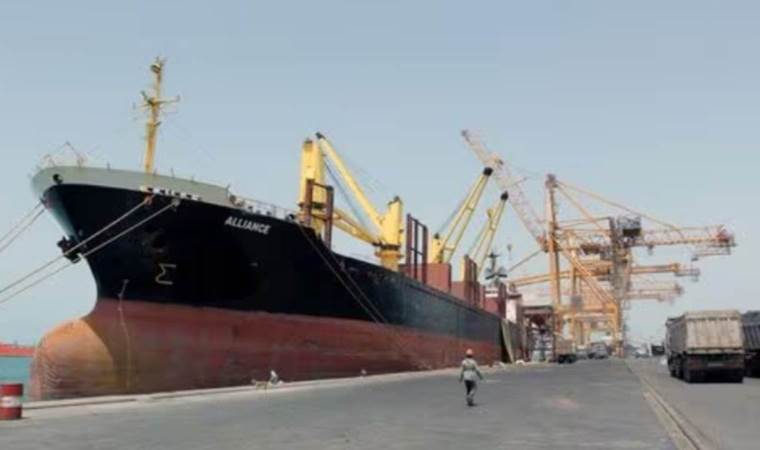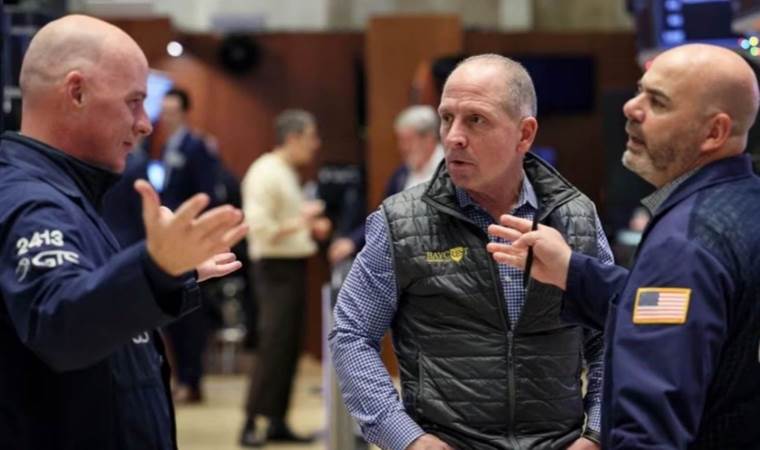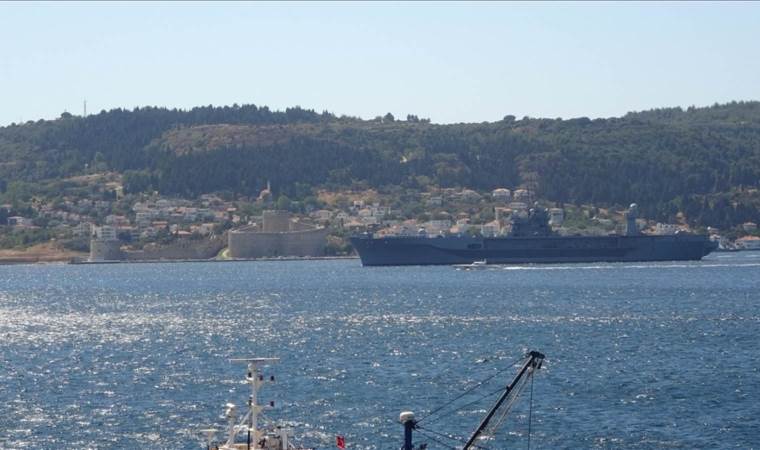US launches multinational push to safeguard Red Sea commerce
U.S. Defense Secretary Lloyd Austin on Tuesday announced the creation of a multinational operation to safeguard commerce in the Red Sea following a series of missile and drone attacks by Yemen's Iran-aligned Houthis.

Austin, who is on a trip to Bahrain, home to the U.S. Navy's headquarters in the Middle East, said participating countries include the United Kingdom, Bahrain, Canada, France, Italy, Netherlands, Norway, Seychelles and Spain.
The group will conduct joint patrols in the southern Red Sea and the Gulf of Aden.
"This is an international challenge that demands collective action. Therefore today I am announcing the establishment of Operation Prosperity Guardian, an important new multinational security initiative," Austin said in a statement early on Tuesday.
In a virtual meeting with ministers from more than 40 nations, Austin called on other countries to contribute as he condemned "reckless Houthi actions." "We're all here because many countries can directly contribute to our common efforts to keep strategic waterways safe," Austin said, according to prepared remarks.
Still, the announcement leaves many questions unanswered, including whether any additional countries are willing to do what mostly U.S. warships have done in recent days -- shoot down Houthi missiles and drones, and rush to the aid of commercial ships under attack.
The U.S. Navy already had a Red Sea task force that had bolstered its presence in the critical waterway, and it is unclear how many countries will send additional ships or patrol aircraft following the creation of Operation Prosperity Guardian.
The Houthis have waded into the Israel-Hamas conflict by attacking vessels in vital shipping lanes and even firing drones and missiles at Israel more than 1,000 miles from their seat of power in the Yemeni capital of Sanaa.
Before Austin's announcement, the Houthi group said it launched a drone attack on Monday on two cargo vessels in the region.
British maritime security firm Ambrey said on Tuesday it received information of a potential boarding attempt 17 miles west of Yemen's Aden port city, adding that the attack was unsuccessful and all crew were safe.
The Houthis have threatened to target all ships heading to Israel, regardless of their nationality, and warned international shipping companies against dealing with Israeli ports.
About 12% of world shipping traffic normally transits via the Suez Canal, the shortest shipping route between Europe and Asia, passing then as well into the Red Sea waters off Yemen.
But the unrest has disrupted maritime trade, as freight firms reroute around Africa instead, adding costs and delays which are expected to be compounded over coming weeks.
Combined, the companies that have diverted vessels "control around half of the global container shipping market," ABN Amro analyst Albert Jan Swart told Reuters.
Oil major BP temporarily paused all transits through the Red Sea and oil tanker group Frontline said on Monday its vessels would avoid passage through the waterway, signs the crisis was broadening to include energy shipments. Crude oil prices rose on those concerns on Monday.
During a visit to Israel on Monday, Austin squarely blamed Iran for the Houthi attacks. "Iran's support for Houthi attacks on commercial vessels must stop," he said.
At a news conference in Tel Aviv, Austin said: "As we are driving to stabilize the region, Iran is raising tensions by continuing to support terrorist groups and militias."
Most Read News
-
 ISIS mission in Iraq
ISIS mission in Iraq
-
 ‘Engagement builds trust,’ UK Prime Minister Starmer urg
‘Engagement builds trust,’ UK Prime Minister Starmer urg
-
 Trump says he is not pulling ICE agents out of Minnesota
Trump says he is not pulling ICE agents out of Minnesota
-
 US envoy hails Syria-YPG integration deal as ‘historic m
US envoy hails Syria-YPG integration deal as ‘historic m
-
 Trump weighs Iran strike as intelligence flags no immedi
Trump weighs Iran strike as intelligence flags no immedi
-
 France's Macron calls for ‘massive’ anti-drug plan targe
France's Macron calls for ‘massive’ anti-drug plan targe
-
 US warship prepares to dock in Gulf of Aqaba amid region
US warship prepares to dock in Gulf of Aqaba amid region
-
 Protest held in the Netherlands over police violence aga
Protest held in the Netherlands over police violence aga
-
 Azerbaijan says it will not allow its territory to be us
Azerbaijan says it will not allow its territory to be us











